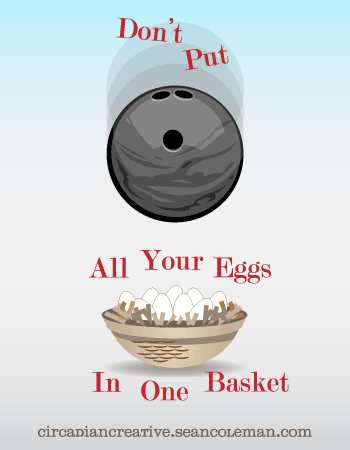vivster said:
Again, it's not hard. You just take the least biased source. The two best ways to decide if something is biased is either looking at peer reviews or using your own common sense to determine if the person making a claim would benefit from incorporating their own bias. Science is mostly unbiased and it is set up to be as least bias as possible. You don't trust politicians, you just trust the science. Science is the best way to determine truth, it is in itself perfect. The failings of science are the failings of humans making mistakes. But that's why there is a huge scientific community keeping checks on everyone. In the end it's not about making the correct decision all the time, it's about making the best possible decision given the information at a time. If that turns out later to be less optimal then it's gonna be that way, it's still better than indecision or being contrarian and doubting everything. Since it is impossible to have perfect information it is natural and prudent to just choose whatever seems the most solid answer at that time. And when it comes to science majority consensus is ALWAYS the correct way to go, even in the rare cases where it turns out false in the end. |


"Choice. The 'problem', is choice."
PS1 - ! - We must build a console that can alert our enemies.
PS2 - @- We must build a console that offers online living room gaming.
PS3 - #- We must build a console that’s powerful, social, costs and does everything.
PS4 - $- We must build a console that’s affordable, charges for services, and pumps out exclusives.
PRO -%-We must build a console that's VR ready, checkerboard upscales, and sells but a fraction of the money printer.
PS5 - ^ -We must build a console that’s a generational cross product, with RT lighting, and price hiking.
PRO -&- We must build a console that Super Res upscales and continues the cost increases.
















